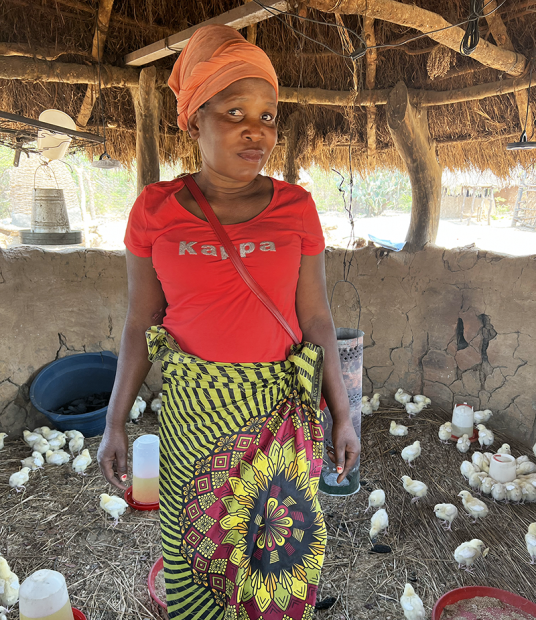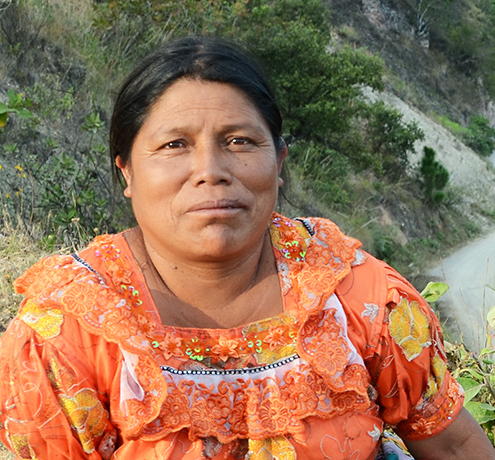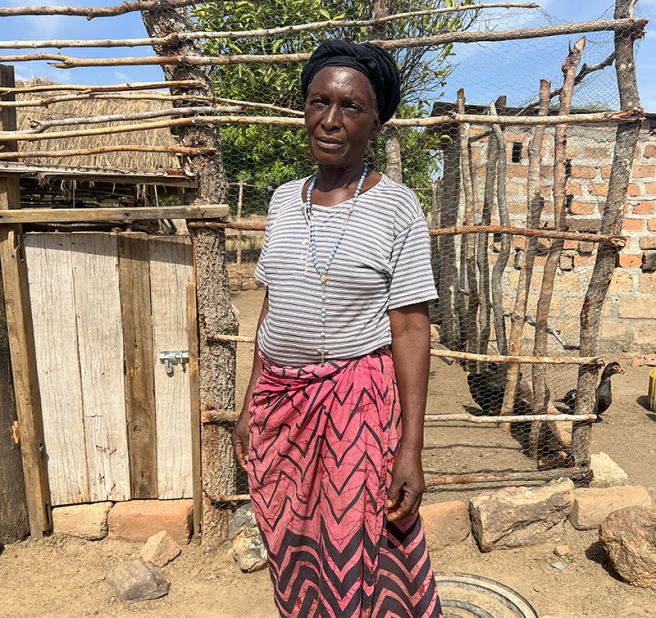


Statements from the participants
In the dialogue with the women, it can be noted that they manage business concepts, although in their own language, for example, business plan, profits, losses, customer service and knowing how to sell. They understand that sometimes they will earn good money and other times earnings may be less, therefore, they diversify the business, which also is a topic of the training.
A Q'eqchi' woman shared: "I even cried when I received the knowledge of who defines the sex of the child in a fertilization. Then I spoke to my husband, I told him that he defined that we only have daughters. I told him that if he didn't believe him, he should investigate," the woman assures that her family situation improved because she had only girls, but after this she was no longer beaten.
A member from Cunén, Quiché, shared that: "in the Foundation I learned about the right to express an opinion and participate, so I began to participate in community meetings because only men decided and sometimes the projects they discuss do not respond to our needs. At first they made fun of me, but now I am part of COCODE."
A member of San Bartolomé shared that: "When I learned that violence can be reported and that it is not normal for husbands to beat us, I decided to divorce because he beat me, he did not let me go out because he says that I am only for the house. Also, he did not allow me to have my own income but he did not give me money for expenses because he had another woman. In the trainings I learned where to go to report and I reported and got divorced. Now, I have my tortilla shop, it's going well for me and I have security measures," said the woman.
A member of Cunén, Quiché said: "I felt a lot of shame because I am a single mother. My parents beat me when I got pregnant because the man ran away. I was very sad; I didn't eat and I didn't want to wash myself. My daughter got sick and looked sad with me, until I reacted and started working, but I was always hiding from people and I didn't want to join the group because I didn't think I would do well with a business and I would only get into debt. With the information they gave us in the presentation of the Project, I was encouraged to try the therapies and now, I am very happy because I have my business and my daughter is studying, I do emotional therapy for her too. Yes, it works, thanks to the Progresar Foundation, it changed my life." Like this testimony, there are multiple in the Project. Emotional health therapies not only benefit the member, but also the families.
For the women, the first year was like taking a blindfold off their eyes, because they realized that they had the capacity to do many things such as planting, earning money, deciding... And cheerfully, as one of the members expressed: "I remember that when I went to the market I looked at the rice pudding, the chuchitos (small Guatemalan sandwich of corn with a filling) and I craved it... and one day I realized that I had money in my apron pocket and that I went and asked for my atol (drink of corn or rice) and I was able to eat and pay for the atol, the chuchito and I also craved a tayuyo (traditional role of corn flour and beans) and so that was very, very happy because I could do whatever I wanted. my heart wanted and that's what I remember and I say... now I recognize that I had violence of feelings... My husband always told me there is no money for Atol, but he did drink his Coca Cola"... When I remember I get angry because I was blind and I endured years."
A member of Quiché expressed: "When I was not in the project I had many problems with my husband, he beat me and it was difficult with the expense of the house, I had no money, but now thanks to the project we understand each other better and my husband tells me, excuse me I am a brute because I beat you..." She continues to say "Now he has his wage, I have money and sometimes we go to town to eat ice cream, we come back with some sausages or sandwich and it is very good because we are happy..."

